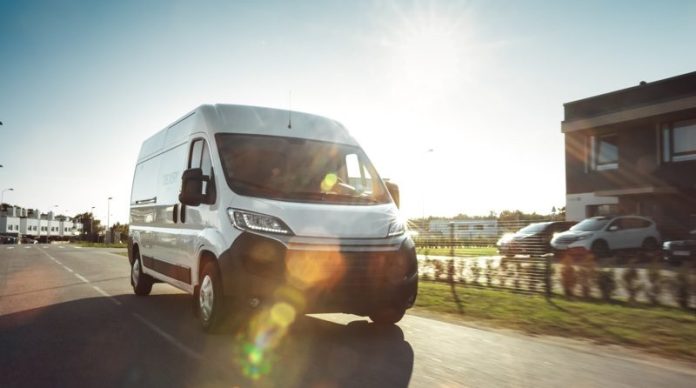
So, you’re planning to buy new vehicles for your fleet business and want to pick the best options available? You know having the right fleet is essential if you want to tap into the Fleet Management Market that’s projected to reach $55.6 billion by 2028, according to MarketsandMarkets Research. But you don’t know how to choose fleet vehicles that will boost the growth of your transportation business. In this short guide, we’ll provide tips to make informed choices for your fleet business vehicles. You’ll learn what why it’s vital to ask questions like who are my customers? What transport services does my company offer? The aspect of saving money on your auto fleet will also influence your fleet vehicle selection. With that said, read on to learn how you should purchase fleet vehicles.
Understand Your Business Operations
Who do you plan to provide transport services to, or what cars do you plan to lease to clients? Whether you’re starting your business or expanding, having an idea of your specialty in the transport sector helps you determine ideal vehicles for your fleet business. For example, say you’re targeting individuals who want to commute by bus. It would make sense to invest in a fleet of buses to boost your bus transport services. If you’re providing car rental services to businesses or tourists, you’ll consider compact SUVs or sedans, sports cars, minivans, midsize trucks, and midsize SUVs.
What if you’re into shipping or cargo delivery? Your vehicle selections would be trucks and vans. After determining the vehicles best suited for your fleet business, craft a strategy on how to acquire them. You could invest in one vehicle at a time or make multiple investments. This will depend on the financial health of your firm and the profits you want to earn. So, assess how much your company can afford on new cars and estimated profits.
Consider Fuel Efficiency
When managing a fleet business, you want to minimize operational costs without sacrificing the quality of services. There’s one way to achieve this goal-choose vehicles that are fuel efficient. Fuel is a recurring expense that could affect your profits significantly. To earn higher returns from your fleet, look for vehicles that have a higher fuel rating or use less fuel. So, how do you identify fuel-efficient vehicles for your fleet company? Think about the clientele you’re providing transport services to. For example, if you specialize in renting or leasing trucks to businesses and individuals shop for models with the highest fuel economy ratings.
Read online reviews to find out which are the most efficient trucks rated by customers. Check the combined miles per gallon (MPG) rating. The higher the MPG, the more fuel efficient a truck is. So, pick models with a higher MPG rating. Apply the same technique when choosing buses, trailers, or vans to add to your fleet business. While fuel efficiency is often linked to cost savings, there are other benefits fuel economy vehicles offer. Driving automobiles that use less fuel helps reduced oil dependency and promote energy sustainability. Since fuel-efficient automobiles use less gas or electricity, they have lower carbon emissions, which appeal to many eco-conscious customers.
Total Ownership Costs
The thought of calculating the cost of more than one vehicle can be overwhelming. How do you ensure your calculations are accurate and make the right investments that guarantee profitability? As a fleet business owner, it’s crucial to look beyond the purchase price. Research how much it costs to maintain the vehicles you want to purchase. When calculating maintenance expenses, think of the vehicles’ lifespan. Also, add the cost of fuel and insurance, which will vary based on the type of vehicle and usage. Something else you can’t overlook at this stage is the depreciation rate of your fleet. You should understand how quickly your vehicles will lose their value and plan for replacement or resale. Overall, knowing the total ownership cost of vehicles helps you make informed decisions for running a successful fleet firm.
Think About Technology
Imagine managing more than three vehicles manually. Of course, it will be tedious to know where they are when a client leases or rents them. So it makes sense to choose those with advanced tracking technologies. Ensure your fleet has telematics integrated for easy data collection on vehicle usage, location, and maintenance needs. Safety technology is another thing you should prioritize. Evaluate the vehicles you’re buying for your fleet to see what advanced safety features they have. Do they have anti-lock braking system (ABS), airbags, and electronic stability control? How about lane departure warning, adaptive cruise control, and avoidance collision systems? When your fleet business provides safe vehicles, you’ll attract many customers, hence increasing your profits.
Choosing more than one vehicle for transportation services is challenging. There are so many considerations and the vehicle options available will leave you confused. Fortunately, you can simplify the process. Start by understanding your market, what transport services are you offering, or who are your target clients. Then factor in vehicle efficiency, costs, and automobile technologies that make cars safe.











